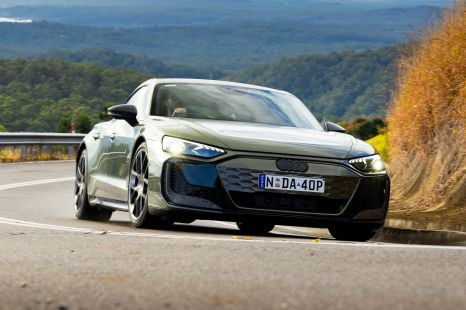

James Wong
5 Days Ago
Electrification is afoot at Aston Martin. It'll introduce a hybrid DBX this year, more hybrids in 2023, and an EV coupe and SUV around 2025.

News Editor
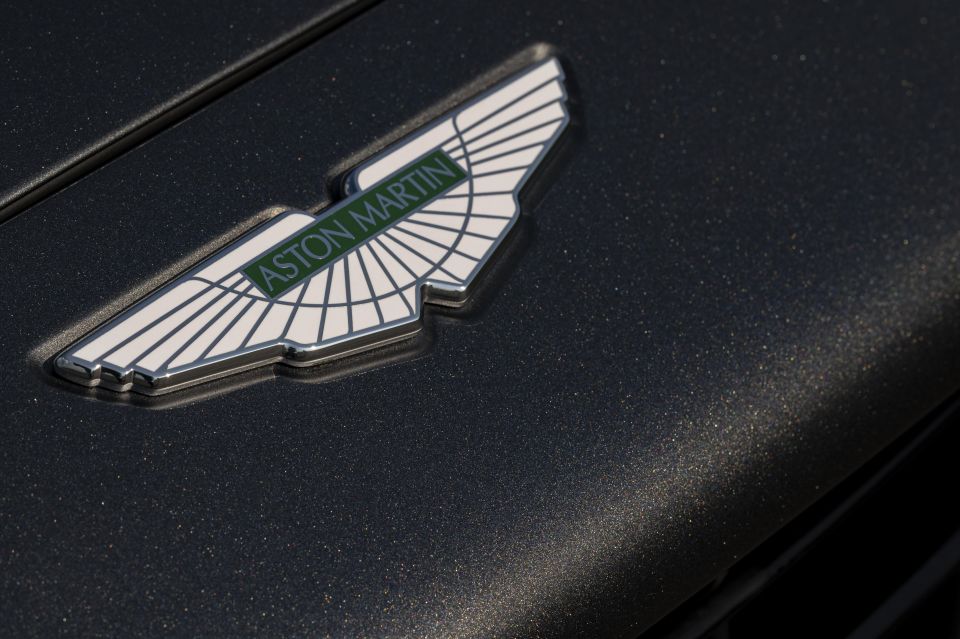

News Editor
Get ready for the electric era at Aston Martin.
The company will begin production on an all-electric sports car and an all-electric SUV from 2025.
Company chairman Lawrence Stroll told the Financial Times the two models will be built at Aston Martin’s existing UK plants in Gaydon and St Athan.
“We will have a front engine version of a DB11/Vantage, and an SUV higher four-wheel drive one, but we don’t know the names yet,” said Mr Stroll, who also noted the designs haven’t been finalised yet.
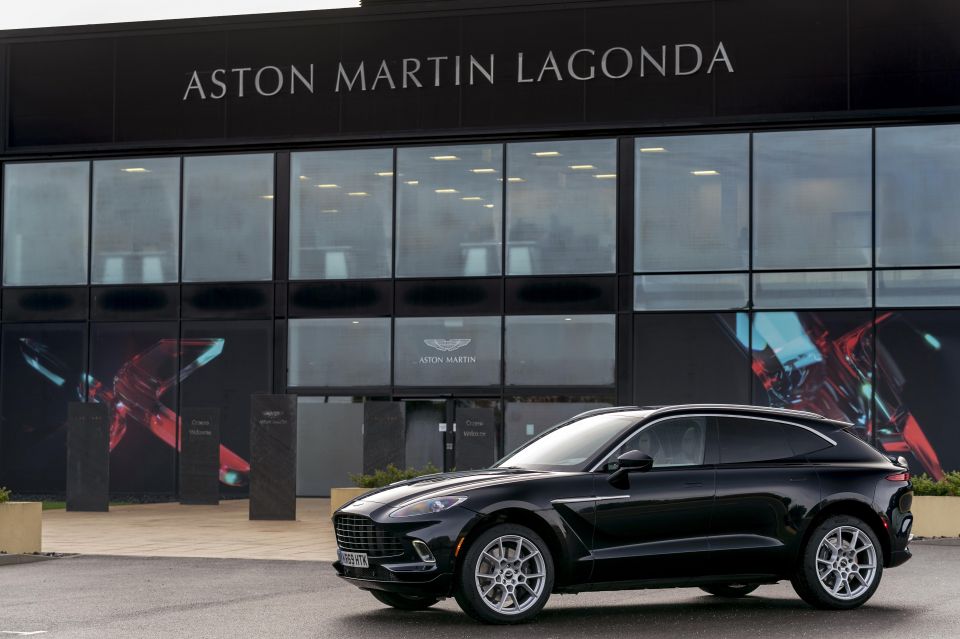
The SUV will be built in St Athan alongside the DBX.
Mercedes-Benz will likely supply the batteries, with new Aston Martin CEO Tobias Moers saying recently Aston can obtain powertrain components from the German giant at “a reasonable cost situation”.
“We are way ahead of our rivals, and all because of our partnership with Mercedes,” said Mr Stroll.
While Mercedes-Benz may provide the propulsion, Stroll says the brand will be able to distinguish itself as all Aston models will have “our beautiful body, our suspension, our vehicle dynamics, our bespoke interiors”.
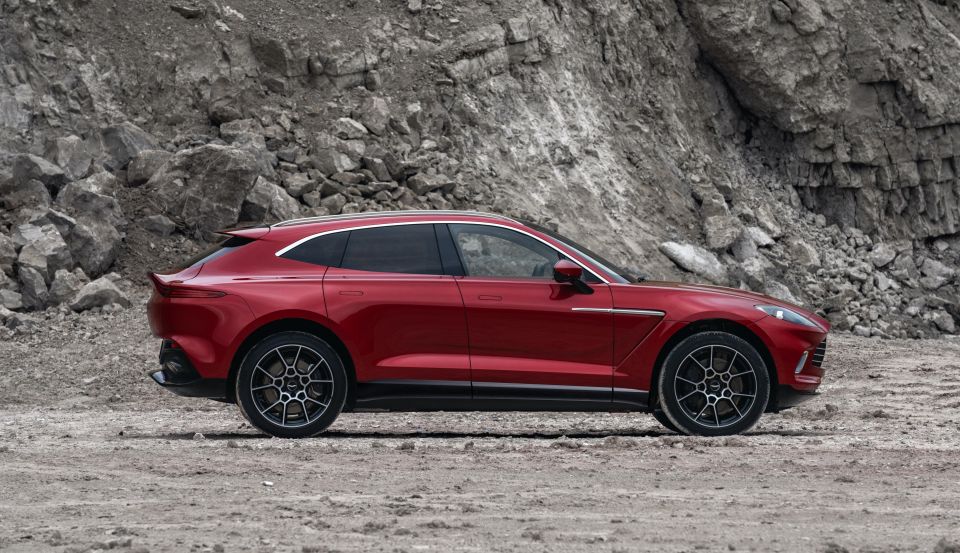
Before the brand’s first EVs arrive, Aston will introduce a hybrid DBX this year and plans more hybrids from 2023.
The hybrid DBX is expected to use a plug-in hybrid version of Mercedes’ twin-turbocharged 4.0-litre V8 engine.
Also set to use an AMG-supplied powertrain is the upcoming, mid-engined Valhalla supercar.
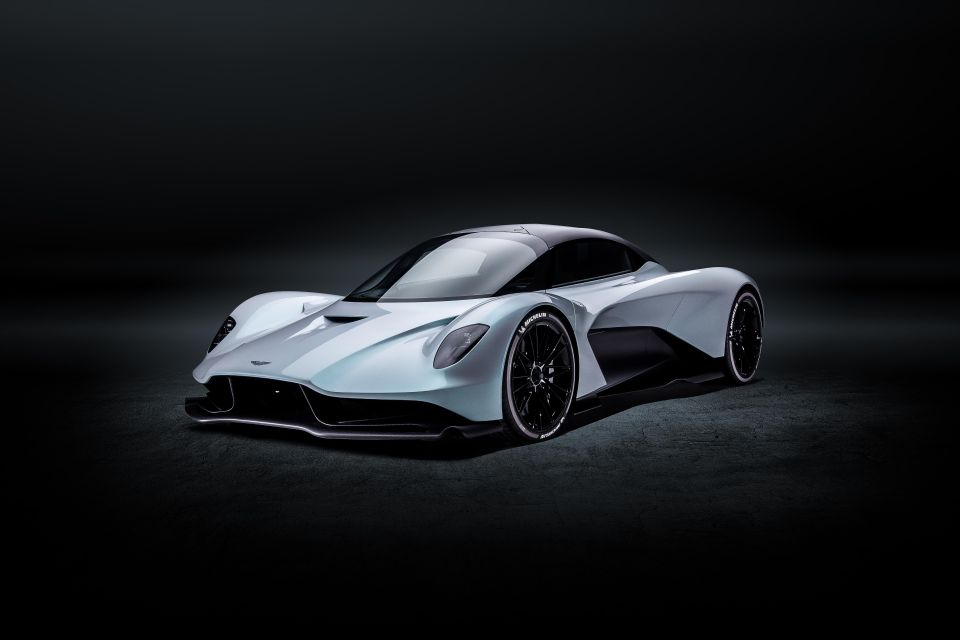
Previewed in 2019 with a bespoke electrified V6, a reworked version with a German heart will reportedly be shown this year and be launched in 2023.
The company isn’t planning on killing the internal combustion engine anytime soon, promising such engines will continue in production well into the next decade.
Mercedes-Benz owns 20 per cent of Aston Martin and the new CEO, Tobias Moers, previously led Mercedes-AMG.
Despite this, there are no signs production of Aston Martin models will move to Mercedes factories despite the close ties.
Take advantage of Australia's BIGGEST new car website to find a great deal on a Aston Martin.
William Stopford is an automotive journalist based in Brisbane, Australia. William is a Business/Journalism graduate from the Queensland University of Technology who loves to travel, briefly lived in the US, and has a particular interest in the American car industry.


James Wong
5 Days Ago
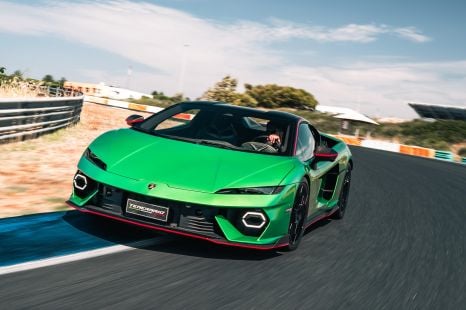

Alborz Fallah
4 Days Ago
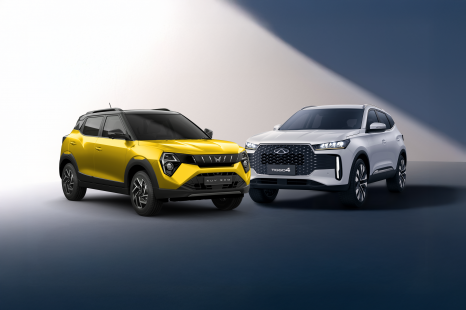

Andrew Maclean
3 Days Ago
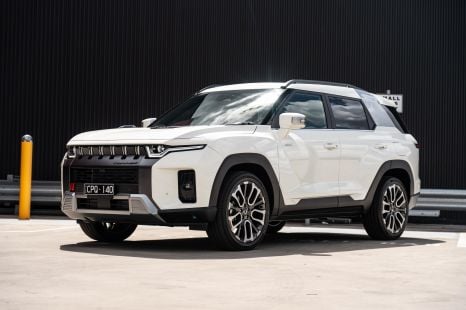

Max Davies
3 Days Ago
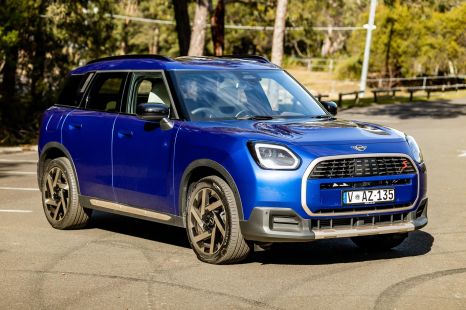

Matt Campbell
2 Days Ago
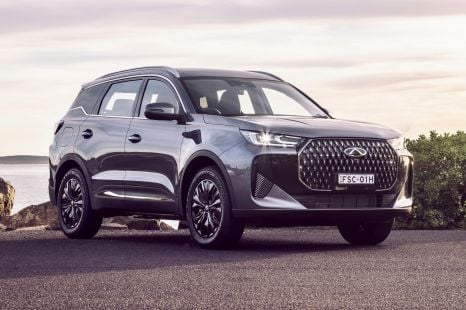

Max Davies
15 Hours Ago